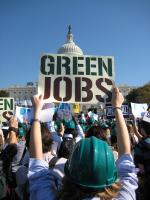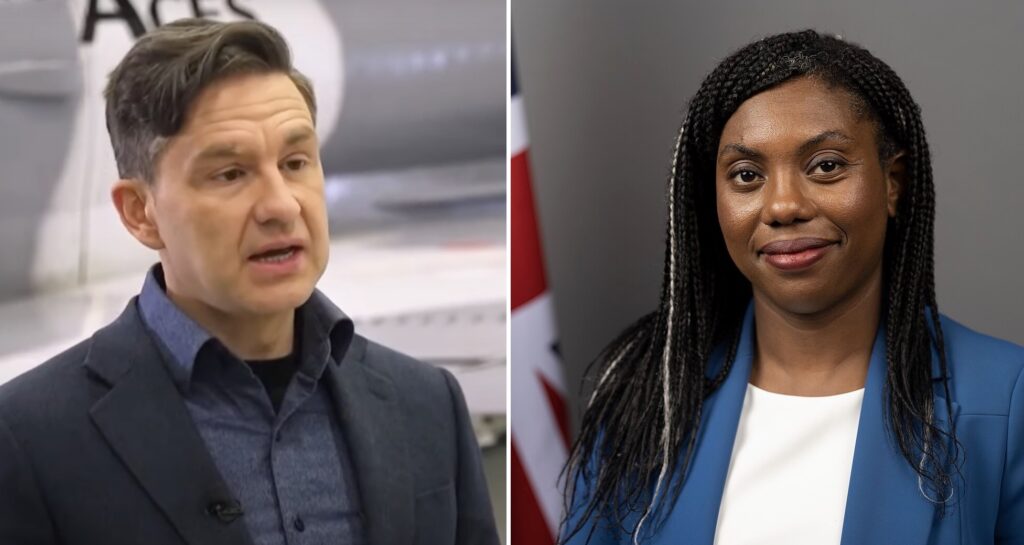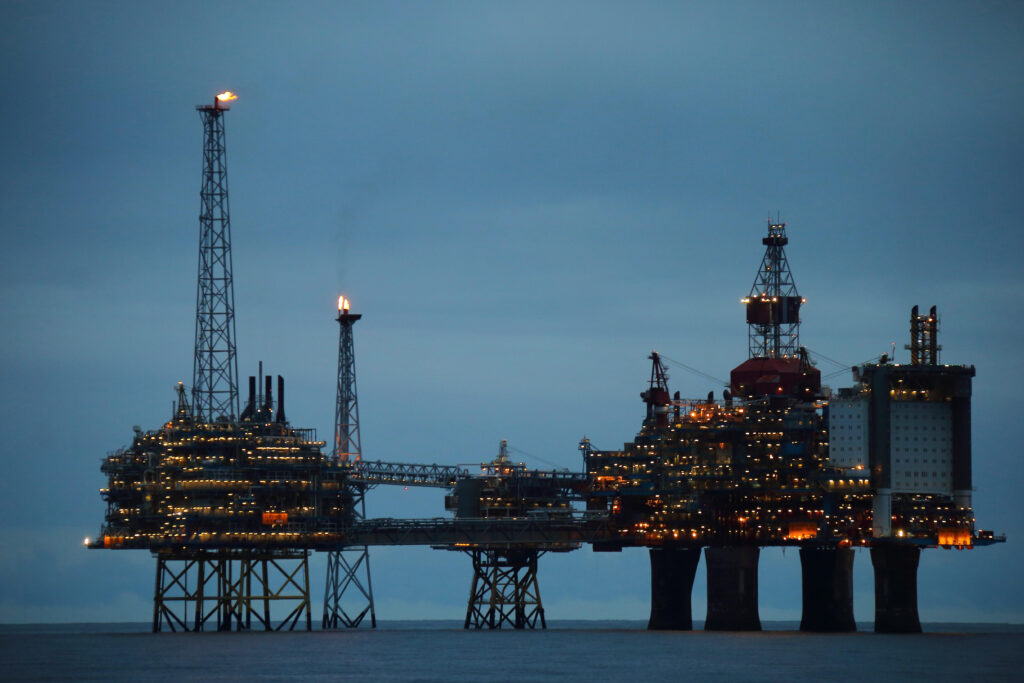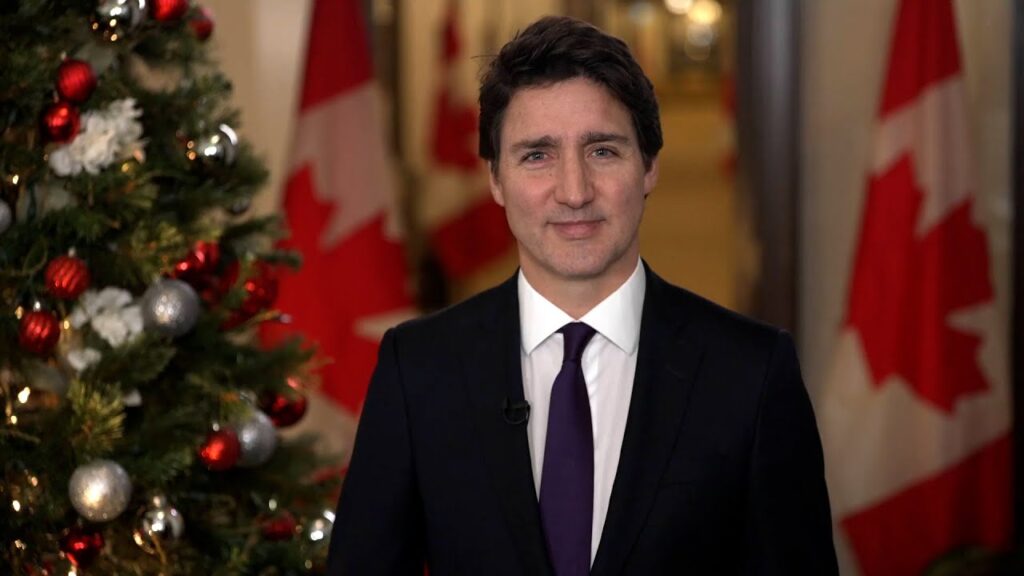While the jury is still out on whether President-elect Barack Obama will prove able to usher in meaningful “change” during his time in office, his campaign seems to have sparked a shift in voter sentiment toward clean energy and greater climate change awareness.
An issue that received little attention during the early days of the campaign – energy independence – became, along with “green jobs,” one of the election’s hottest buzzwords in the latter stages.
(It didn’t hurt that the economy started tanking right around the time the presidential debates began.)
While the jury is still out on whether President-elect Barack Obama will prove able to usher in meaningful “change” during his time in office, his campaign seems to have sparked a shift in voter sentiment toward clean energy and greater climate change awareness.
An issue that received little attention during the early days of the campaign – energy independence – became, along with “green jobs,” one of the election’s hottest buzzwords in the latter stages.
(It didn’t hurt that the economy started tanking right around the time the presidential debates began.)
I, along with many other jaded members of the eco-commentariat, had initially been skeptical of the candidates’ “green economy” talk, seeing it as little more than a half-hearted effort to tackle climate change without addressing the underlying problem. No amount of lofty rhetoric can circumvent the need for significant emission reductions – an objective that can only be accomplished through a robust carbon tax or cap-and-trade program – and I thought the candidates were doing the American public a disservice by avoiding the issue.
On a more profound level, I worried that obscuring the real problem now would be akin to kicking the can down the road – diminishing a historical opportunity to mobilize action against climate change at the grassroots level. So while I usually consider myself more of a pessimist when it comes to dealing with climate change, I have to admit that I was encouraged by the results of a new Environmental Defense Fund (EDF) poll taken on the eve of the election that gauged voter attitudes toward climate legislation.
Though not exactly mind-blowing, the results do suggest that an increasing number of Americans see climate change as a grave threat – one that the U.S. should be taking the lead in addressing. The most surprising finding of the poll, at least to me, was that 78 percent of Americans thought it was important to address the problems of global warming. Another 61 percent said it was more important to implement new rules that would require companies to produce clean energy and abide by tougher environmental standards than it was to limit the amount of regulation placed on business.
Given all the talk of energy independence (and the crumbling economy), it was hardly surprising that half of the electorate said that Congress should deal with the financial crisis and our oil addiction together. Over 60 percent of respondents thought that the federal government should levy a global warming “fee” on large corporations to fund an economic stimulus, rather than impose new taxes or borrow more money (they balked at a proposal to fund energy independence legislation by paying an additional $15 a month for their home energy bill). A plurality said that creating new green-collar jobs by investing in renewable energy and infrastructure projects should be at the top of the next president’s agenda.
Voters aren’t yet clamoring for more emission cuts or a cap-and-trade system, but it’s a start. Getting them to understand the need for more renewable energy investments and stricter environmental regulations is already half the battle; convincing them of the need to make climate change mitigation the country’s top priority will be harder, though not impossible. With the right mix of rhetoric and policy, Obama will have the opportunity to ensure that these gains aren’t short-lived.
Subscribe to our newsletter
Stay up to date with DeSmog news and alerts







